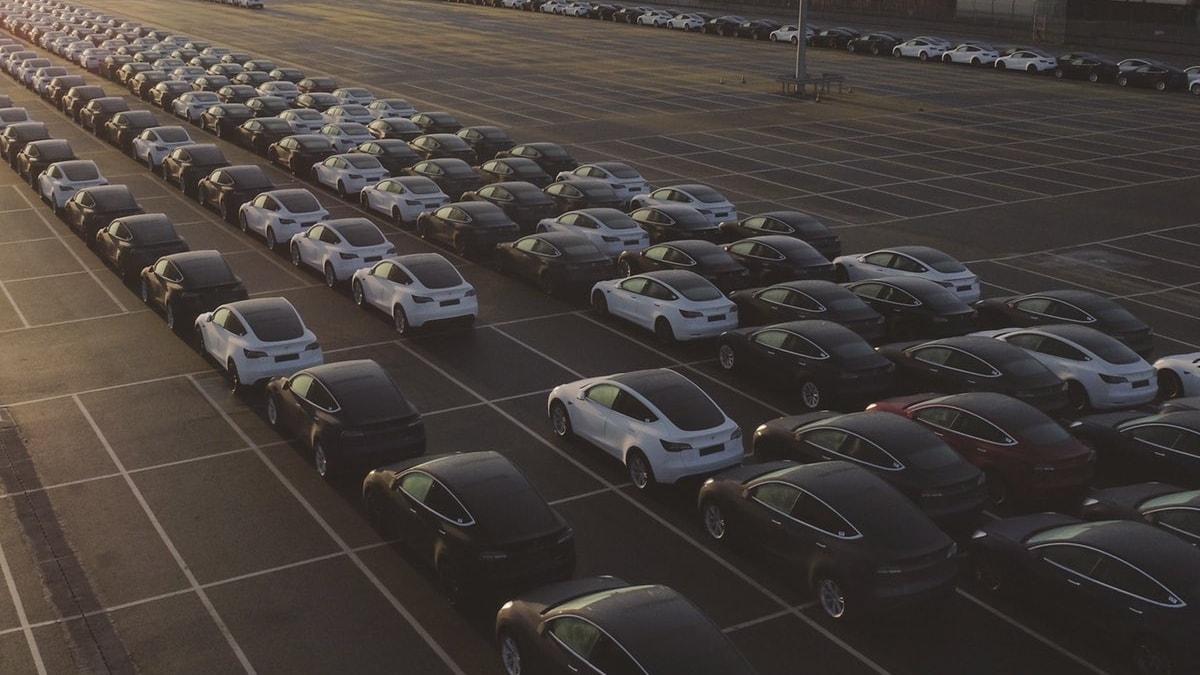It’s crunch time at Tesla where Elon Musk is looking to crack the code for making better, cheaper batteries.
The electric-vehicle maker is recruiting Chinese and Korean materials suppliers to help lower the cost and boost the energy of its newest battery cells, even as the company struggles with battery-related performance and production issues that have helped delay the launch of its futuristic Cybertruck, according to people familiar with the plans.
Tesla has tapped China’s Ningbo Ronbay New Energy and Suzhou Dongshan Precision Manufacturing to help trim materials costs as it ramps up production of 4680 battery cells in the United States, according to the sources, who asked not to be named.
The details of these arrangements have not previously been reported.
If the Austin, Texas-based EV maker is able to work out the performance and process kinks and meet its ambitious production targets, the 4680 ultimately could be the linchpin – rather than choke point – in CEO Musk’s dream of building 20 million vehicles annually by 2030.
Neither Tesla nor Musk could be reached for comment.
As part of its efforts, Tesla also has signed a deal with Korea’s L&F Co to supply high-nickel cathodes that could increase the energy density of its 4680 cells, one of the sources said.
The automaker aims to augment its own output with 4680 cells from Korea’s LG Energy Solution and Japan’s Panasonic – an insurance policy to secure future EV production, two of the sources said. LG and Panasonic are expected to supply cells for Cybertruck, one of the sources said.
A shortage of batteries means “the factories stall,” Musk told investors in early March.
The new battery is expected to play a key role in the launch late this year of the edgy, stainless-steel Cybertruck, the company’s first new model in more than three years.
Tesla had considered three battery options to ensure that launch is not delayed again: smaller 2170 cells used widely in other Tesla models, 4680 cells and less-expensive lithium iron phosphate cells, but the EV maker favored waiting until the 4680 cells are ready, the sources said.
Details about Tesla’s Cybertruck battery strategy, including use of 4680 cells and consideration of other options, have not been reported.
In 2022, Musk said he did not expect 4680 batteries would be a “limiting factor for Cybertruck or anything else.”
The Tesla-designed 4680 cell – so named for its external dimensions (46mm diameter, 80mm length) – is crucial to future production plans. Tesla intends to make versions at factories in Texas, California, Nevada and Berlin for use in vehicles from Model Y to Cybertruck, the sources said.
But Tesla is still struggling to ramp up the first wave of production, Musk acknowledged at Tesla’s investor day on March 1.
Tesla impact underestimated
Despite the immediate problems, some analysts remain optimistic Tesla will resolve these issues.
“While execution risk remains and many details are unknown, Tesla’s impact on the global battery industry may still be underestimated,” Morgan Stanley said after investor day.
Musk first announced the new cell at Battery Day in September 2020. At that event, he promised a 50 percent reduction in cell cost through a series of innovations, from a larger cell size to a new “dry” electrode coating process that could dramatically reduce the size and cost of a battery factory while boosting cell performance.
Repeated delays in moving the new cell from the initial prototype phase to full-scale production also have pushed back introduction of the long-awaited Cybertruck, which was designed to take advantage of the cell’s potential improvement in energy density and power- advances that have yet to materialize.
But it will take time for suppliers to ramp up production.
Panasonic is running a pilot 4680 production line at its Wakayama factory in Japan, and plans to start volume production later in the fiscal year that ends in March 2024.
Shoichiro Watanabe, chief technology officer of Panasonic Energy, last month said the company’s new Kansas battery plant will focus initially on 2170 cells, but it will eventually shift 4680 production to North America.
Last year, LG said it planned to open a new 4680 production line at its Ochang plant in Korea in the second half of 2023.
Tesla’s first-generation 4680 cells, built at its Fremont, California, factory, failed to hit an energy density target, people involved say.
The automaker so far has been able to dry-coat the anode – the negative electrode – but is still having issues with dry-coating the cathode, where the most significant gains are expected to be made, the sources said.
Tesla’s attempt to ramp up production of the dry coating process has thus far resulted in enough batteries only for about 50,000 vehicles annually, Musk and company executives have said.
In 2020, Musk said Tesla would have enough 4680 capacity in-house to supply 1.3 million Model Ys.
While executives said it seems likely Tesla will be able to increase 4680 output five-fold by year-end, the company is hedging.
Musk is betting if Tesla ends up with too many batteries this year, that is a good problem to have. It can use those for the energy storage systems it sells to utilities and consumers.
Tesla also has been installing first-generation 4680 cells with “wet” cathodes in so-called structural packs in Texas-built Model Ys. A majority of those vehicles use the older 2170 cells.
Tesla plans to use a cathode with more than 90 percent nickel in the next generation of 4680 cells, two sources said. L&F is expected to be one of the suppliers of that high-nickel cathode, another source said.
© Thomson Reuters 2023
Check out our Latest News and Follow us at Facebook
Original Source

